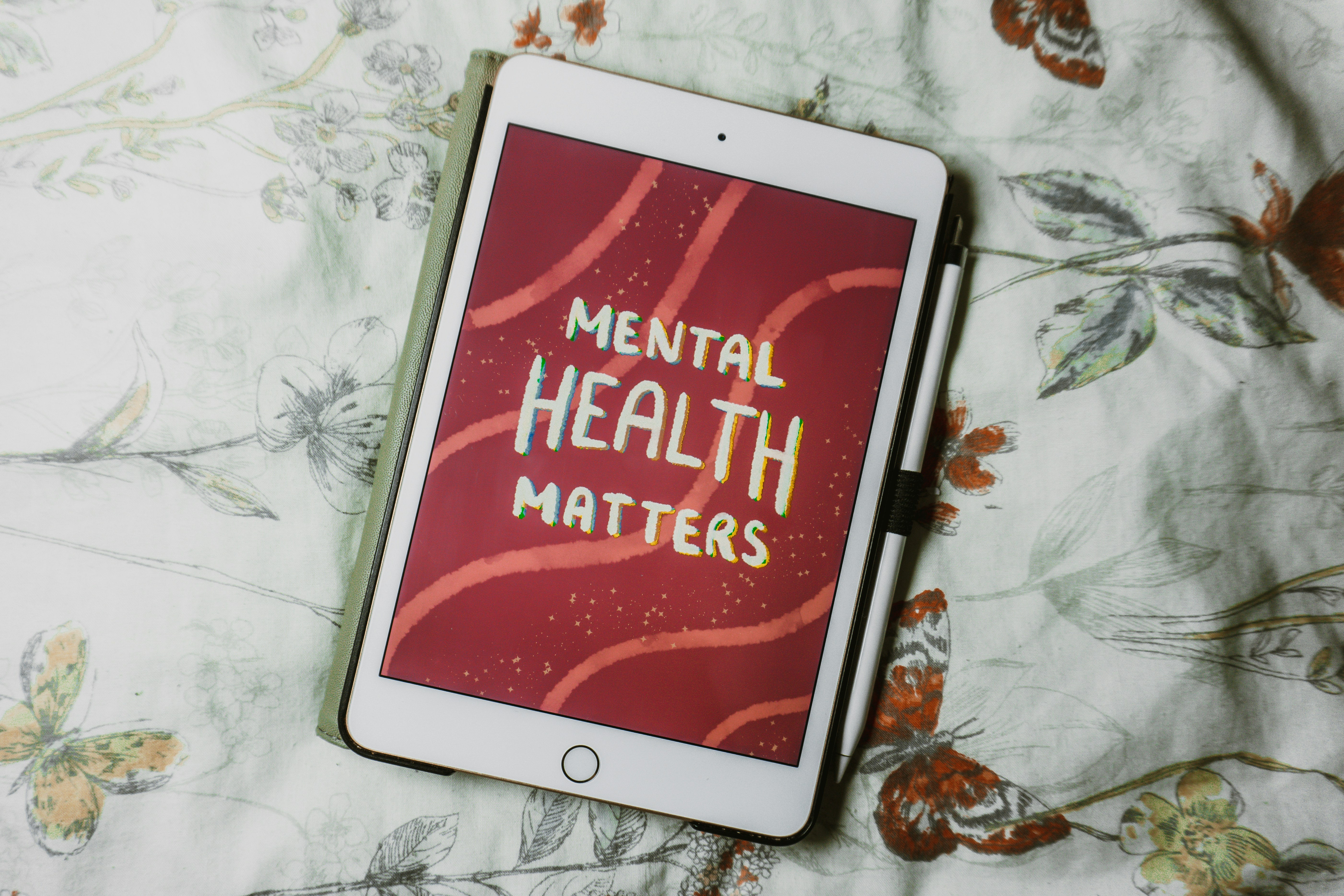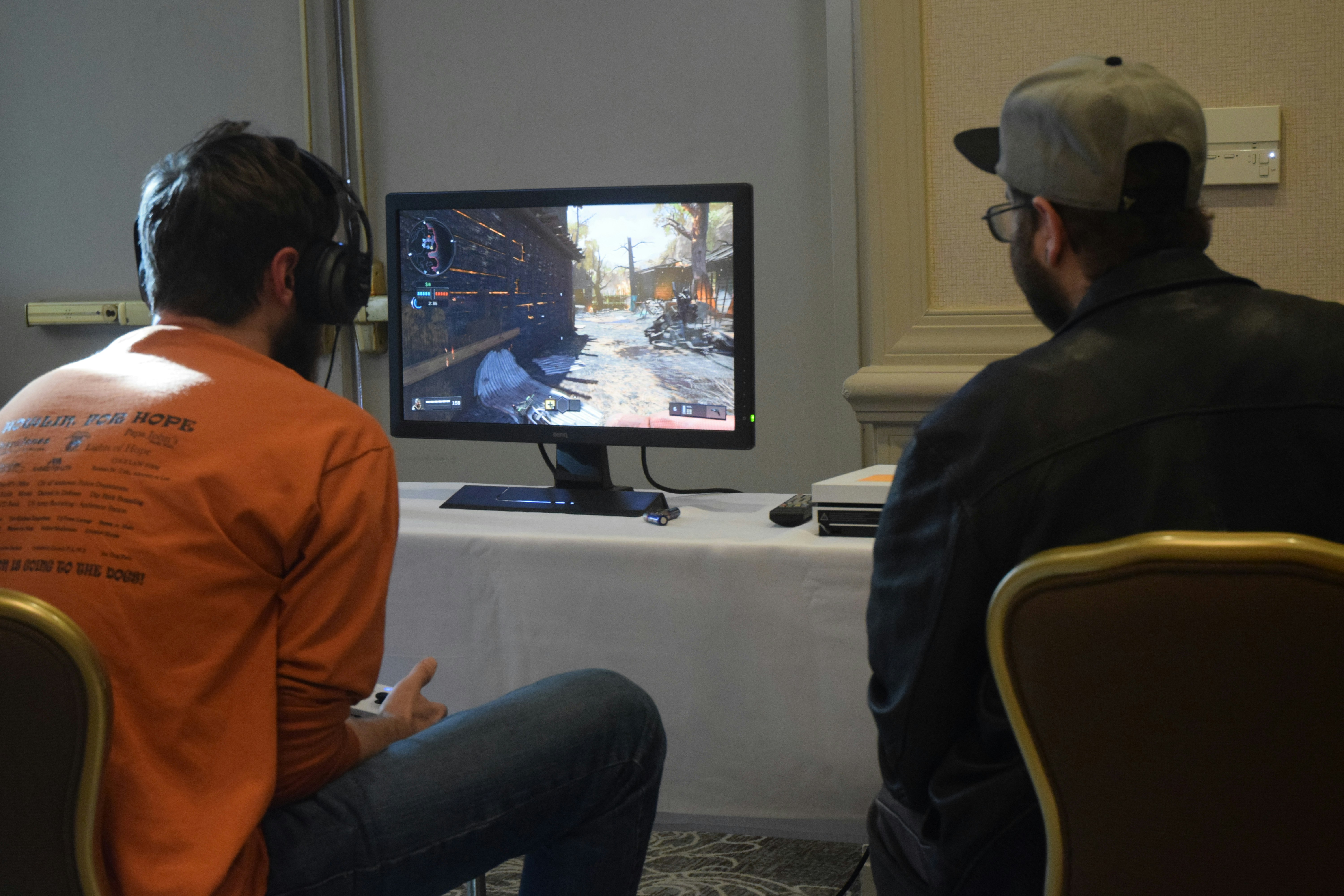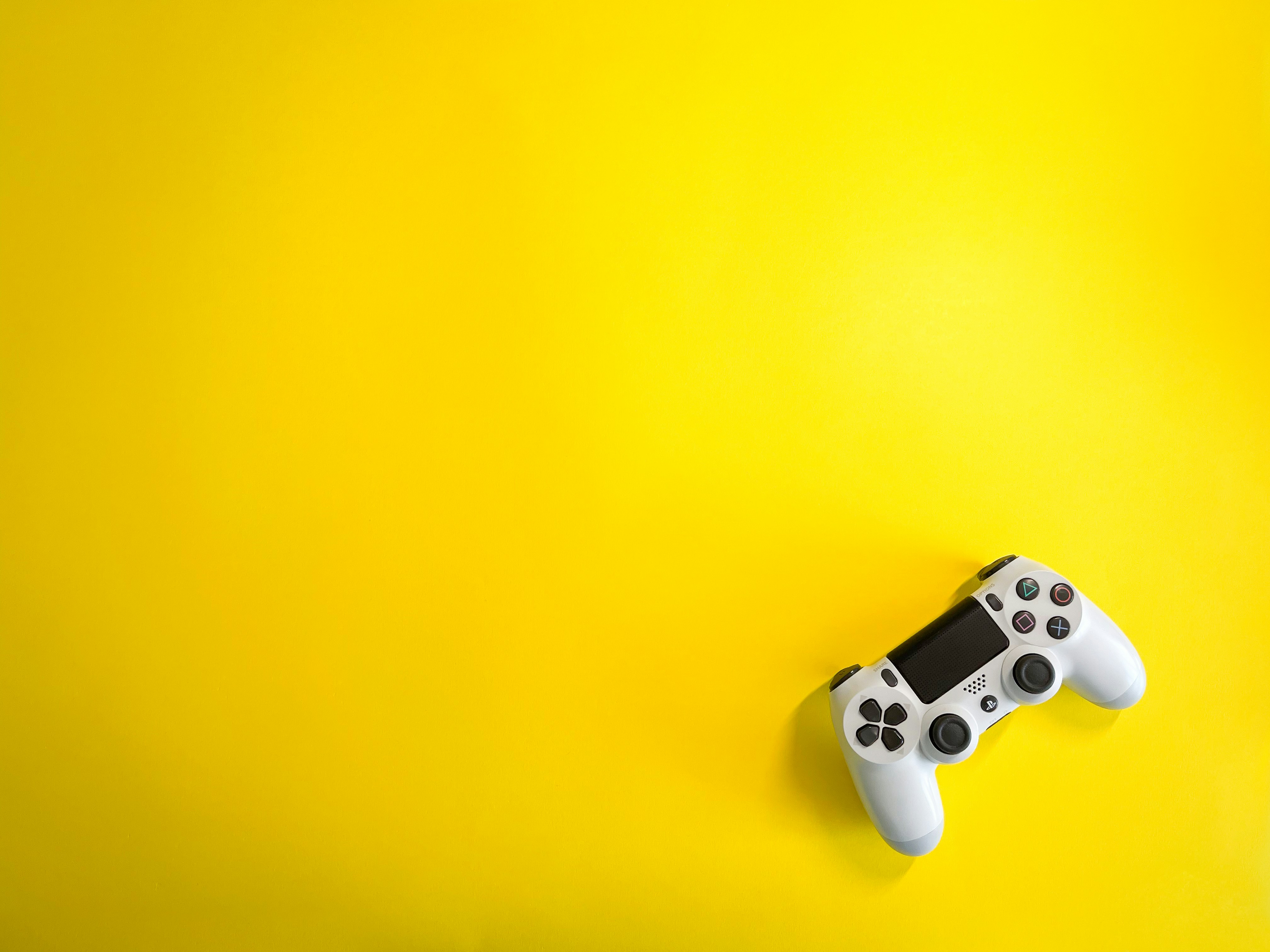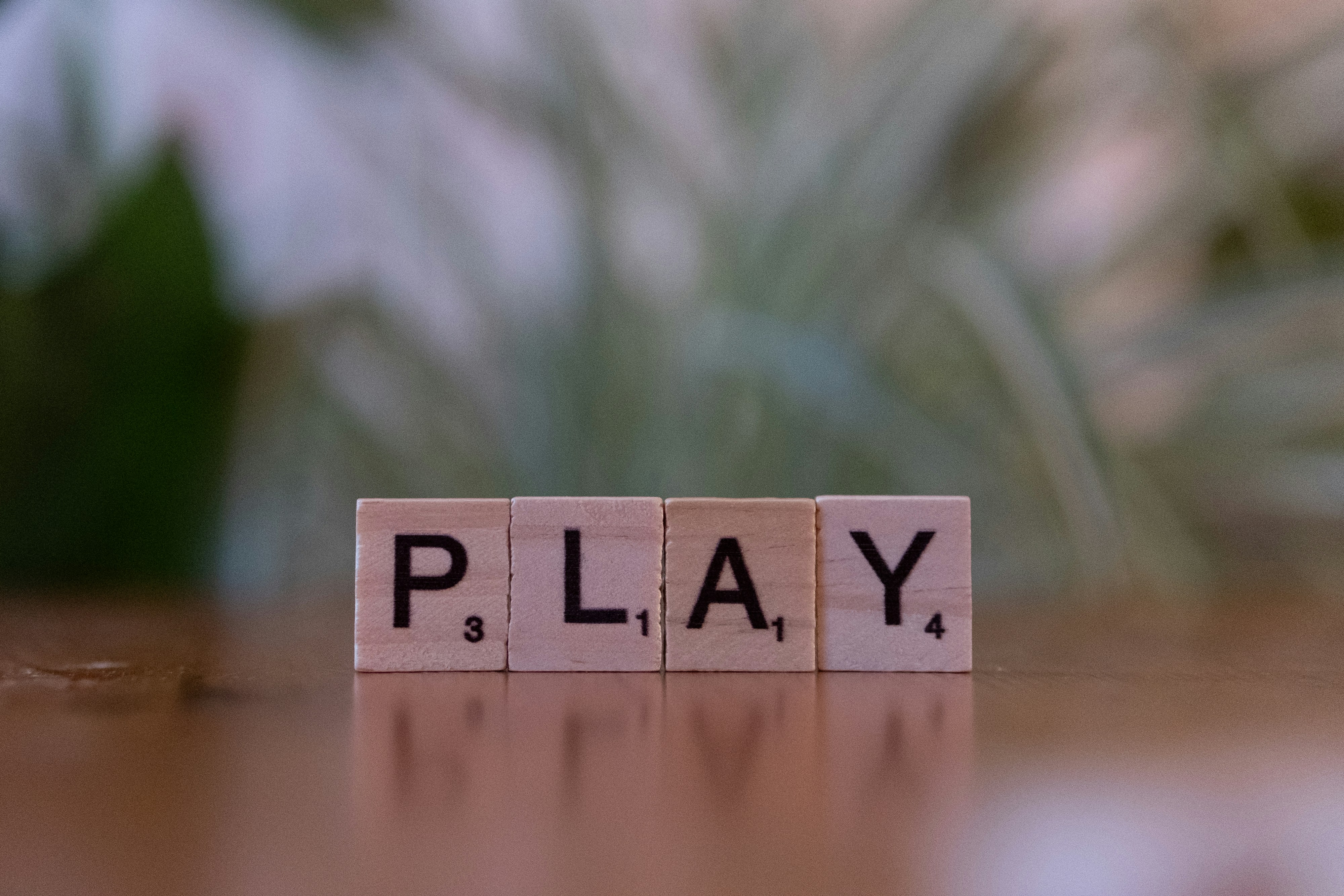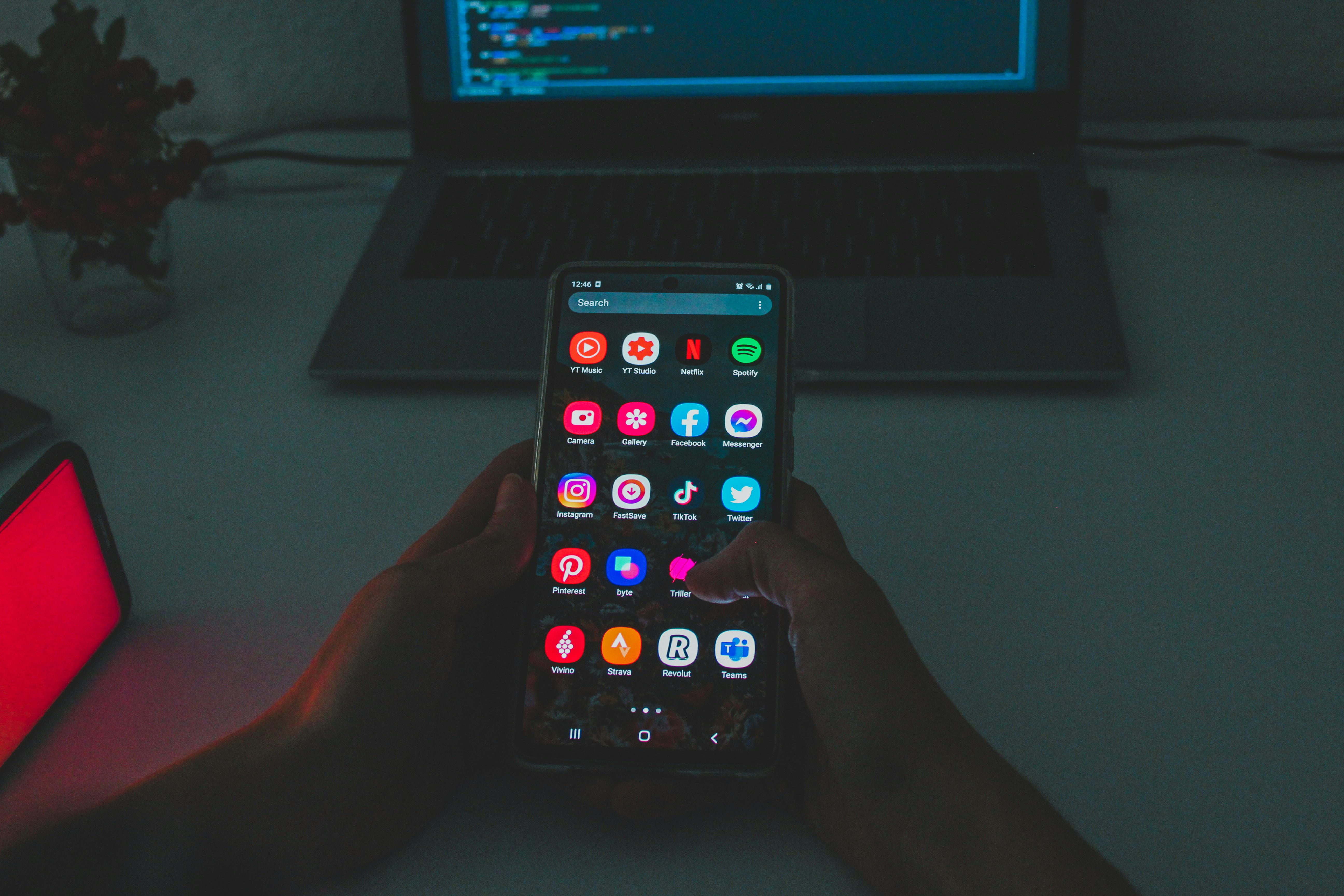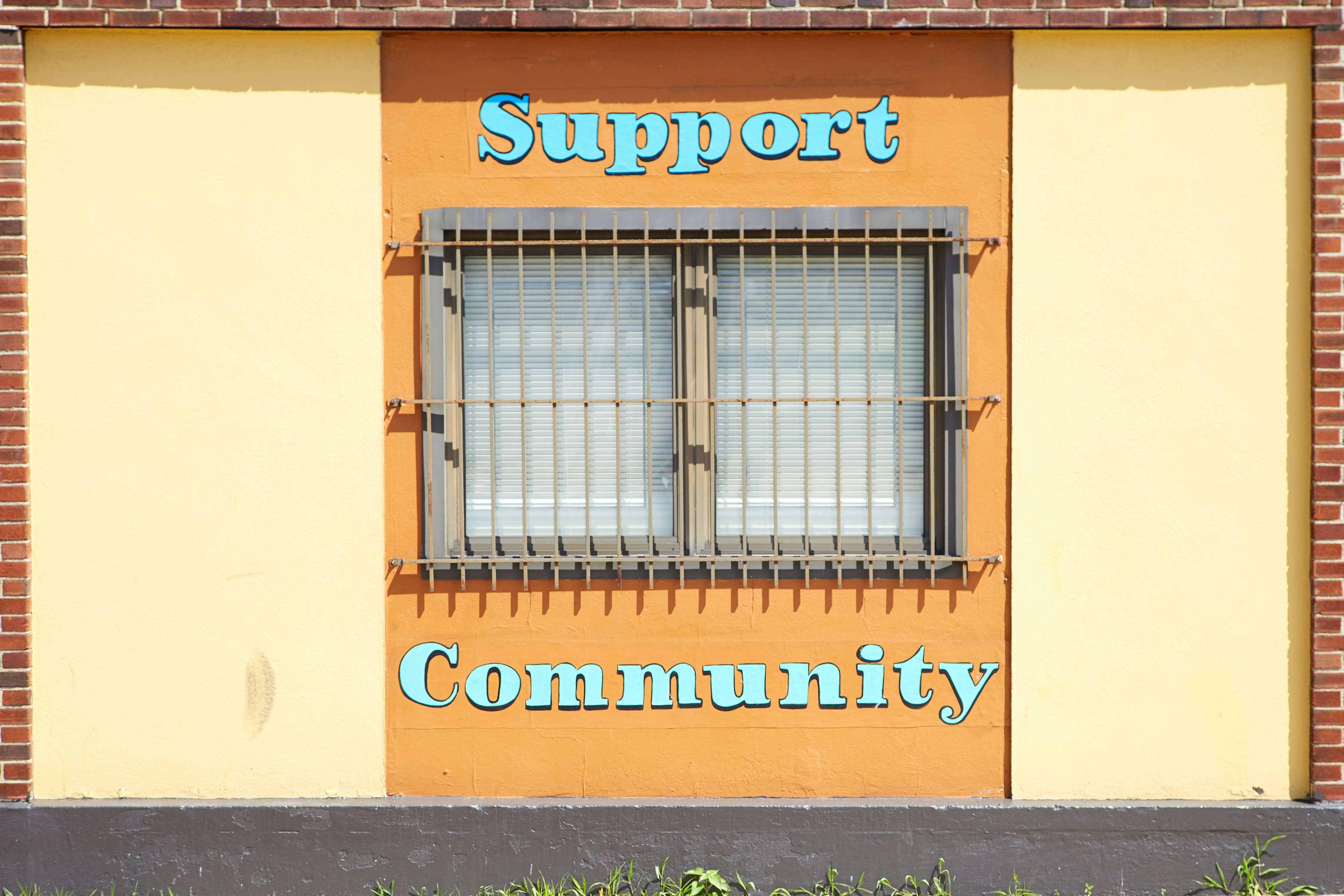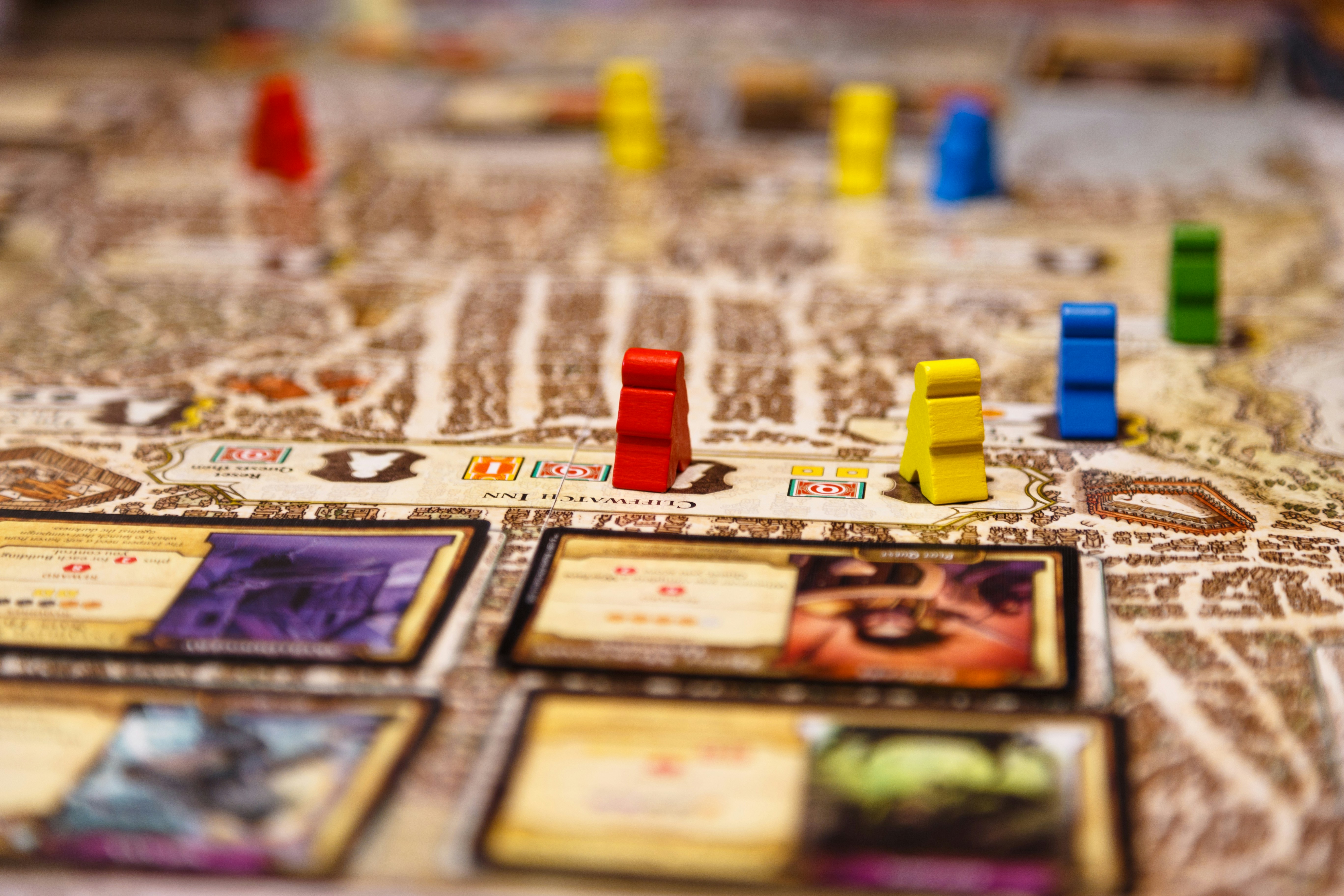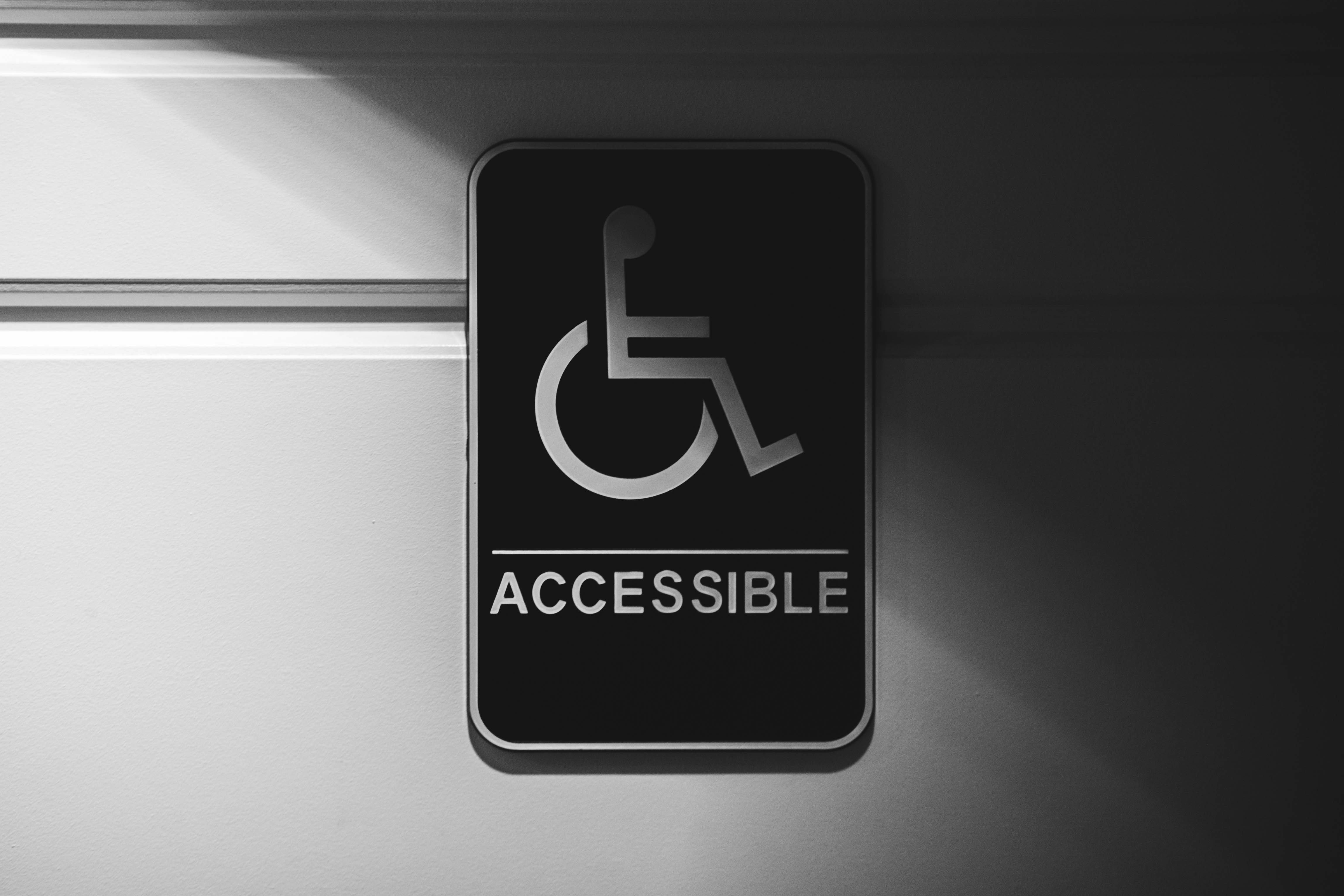Gamification of Mental Health: How Games Transform Therapy
In a world where mental health awareness is at an all-time high, video games are emerging as unlikely champions in the realm of therapy and community support. The integration of gaming and mental health is creating new pathways to emotional resilience, providing not just a source of entertainment but also practical tools for well-being. From cooperative gameplay that fosters community to stories and experiences designed by mental health professionals, the innovation of gaming in therapeutic practices is an exciting development. So how exactly is gamification changing the landscape of mental health support? Let’s dive deeper.
Understanding the Gamification of Mental Health
Gamification refers to the application of game-design elements and principles in non-game contexts. In mental health, this approach is reshaping therapy practices and how we support individuals facing emotional challenges. It’s a bridge between gaming’s popularity and the need for effective mental health solutions.
Games that Promote Emotional Resilience
Several titles stand out in their ability to provide therapeutic benefits. Games like "Celeste" and "Hellblade: Senua's Sacrifice" tackle heavy themes such as anxiety and depression while promoting mental resilience. Players often find comfort in characters that represent their struggles, providing relatability and a pathway toward healing.
By designing experiences that resonate emotionally, developers are able to engage players in ways traditional therapy sometimes cannot. The immersive nature of video games allows players to take on challenges that mirror their real-life problems, offering a form of situational practice and developing coping mechanisms in a safe environment.
Building Community Within Gaming Environments
Community plays a vital role in mental health. Multiplayer games, especially, foster shared experiences and interactions that can alleviate feelings of loneliness. Titles such as "Animal Crossing: New Horizons" or cooperative shooters like "Overwatch" create virtual spaces for players to connect with one another. These interactions can lead to lasting friendships and support networks that extend beyond the game.
The impact of community in these settings cannot be underestimated. When players join forces to defeat a common enemy or simply enjoy a moment of leisure, they’re building emotional ties. Studies show that social support is crucial in managing mental health, and gaming communities are increasingly seen as safe havens for those seeking connection.
Collaboration Between Developers and Mental Health Professionals
One of the most promising developments in the gamification of mental health is the collaboration between game developers and mental health professionals. This partnership has led to the creation of games specifically designed for therapeutic purposes. For instance, serious games like "SPARX" offer cognitive-behavioral therapy techniques in an engaging format, encouraging players to engage with their mental health challenges actively.
Such games incorporate elements that guide users through emotional processing, helping them tackle their issues in a structured way. Experts in mental health have increasingly recognized the potential of video games as supplements to traditional therapy, thus providing new tools for therapists and patients alike.
Unique Case Studies in Therapeutic Gaming
Case Study 1: "Never Alone"
Developed in collaboration with the Iñupiat people of Alaska, "Never Alone" tells a culturally significant story while teaching valuable lessons about teamwork and perseverance. The game's themes promote emotional understanding and can help users confront personal challenges through narrative engagement. Players develop a sense of connection to cultural narratives while exploring their feelings in a controlled environment.
Case Study 2: "Journey"
"Journey" is an artistic game that emphasizes cooperation without revealing identities. Players navigate vast desert landscapes and must rely on each other for success. Its emphasis on collaborative gameplay fosters mutual empathy, allowing players to build meaningful connections with strangers, which can be incredibly therapeutic.
Expert Insights: How Gaming is Shaping Mental Health
To gain a deeper understanding, we reached out to Dr. Jane Matthews, a clinical psychologist and game enthusiast, to discuss the intersection of gaming and mental health.
Understanding Emotion Through Play
“Video games have an intrinsic ability to engage players in emotional narratives that evoke empathy and self-reflection," Dr. Matthews explains. "Games like 'Celeste' or 'Journey' present players with relatable challenges, prompting them to connect with their emotions and, in many cases, providing tools to manage them.”
Dr. Matthews emphasizes that the interactive nature of games helps users practice emotional regulations in real-time, an opportunity that traditional therapy settings sometimes lack.
Real-World Applications
“So far, we’re seeing an increase in therapists recommending video games as part of the treatment plan. It’s not uncommon for professionals to suggest titles tailored to a patient’s needs. For example, clients dealing with social anxiety might find solace in multiplayer games that facilitate social interaction in a less intimidating environment,” she notes.
Such recommendations showcase the expanding role of gaming in therapeutic settings and highlight the need for more refined collaborations between mental health experts and game developers.
Practical Applications for Individuals
For individuals looking to explore gaming as a therapeutic tool, there are numerous options available. Here are some practical steps to integrate gaming into wellness routines:
1. Choose Games Purposefully
Opt for games that align with personal needs. Whether seeking relaxation, social interaction, or skill development, there is a vast array of titles available. Look for those that promote emotional engagement and provide relatable narratives.
2. Build a Supportive Community
Engage with gaming communities that are centered around positivity and support. Platforms like Discord host many channels dedicated to mental health discussions, which can provide a safe space to share experiences and connect with like-minded individuals.
3. Reflect on Gameplay Experiences
Set aside time after gaming sessions to reflect on feelings and insights gained. Keeping a gaming journal can help track emotional patterns and personal growth achieved through the experience.
4. Collaborate with Professionals
If interested, discuss the incorporation of gaming with therapists who may recommend specific titles as part of a comprehensive mental health strategy. Personalizing the approach can lead to better outcomes.
Final Thoughts
The gamification of mental health is gradually transforming how we approach therapy and emotional well-being. By collaborating with mental health professionals and designing games that address real-life struggles, developers are creating impactful tools for healing and community support.
As more people recognize the therapeutic potential of gaming, we can expect even greater innovations and inclusion of gaming practices in mental health interventions. Embrace this integration as you level up not just in games, but also in your emotional resilience and community connection.
To explore more about the intersection of gaming and mental health, be sure to check out articles on topics like game-based therapy and the evolving role of gaming in emotional wellness here.
